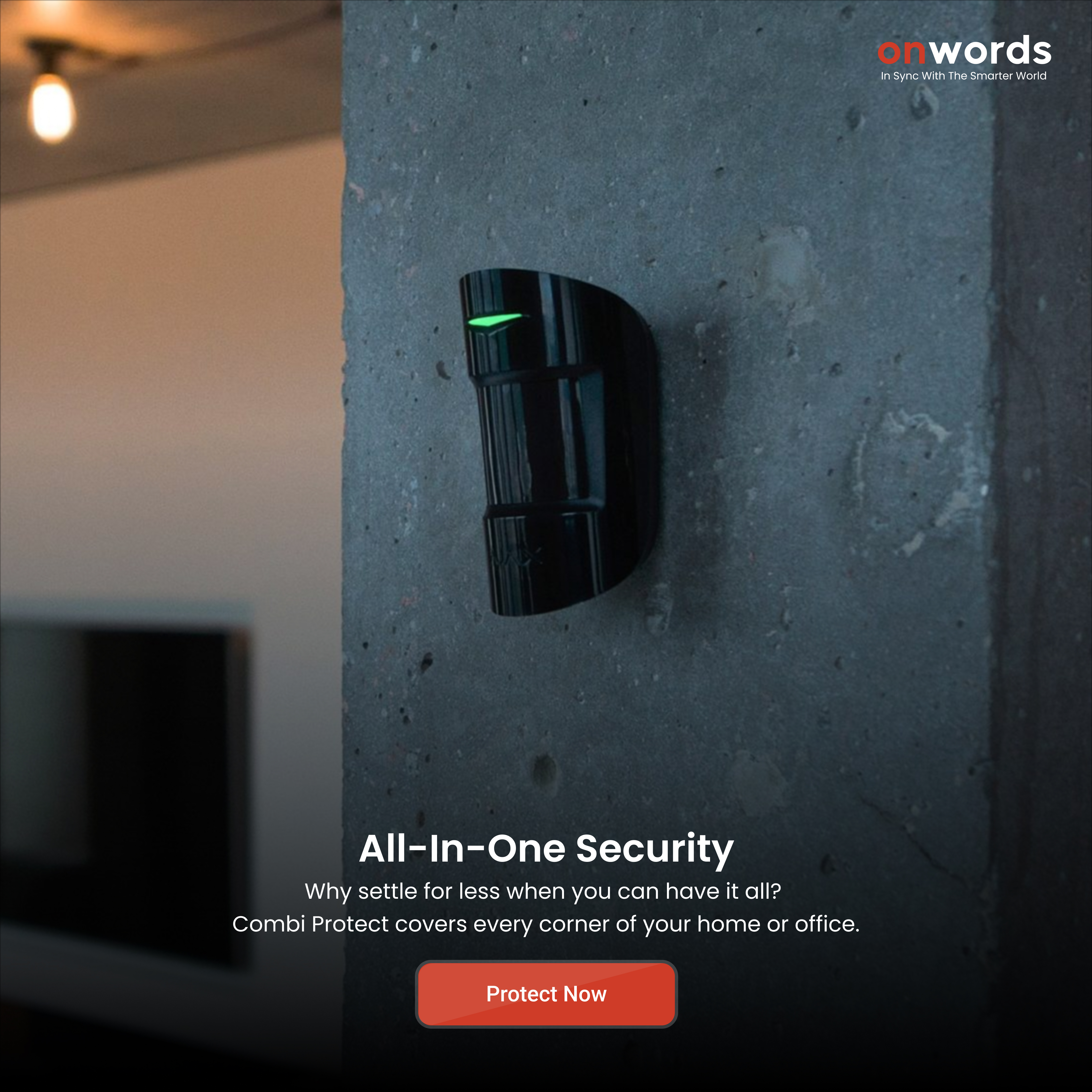In today’s world, where every little bit of energy saved counts,
smart home automation is stepping up as a powerful tool for creating energy-efficient homes. Not only does this technology make life more convenient, but it also offers real benefits when it comes to cutting down on energy use and shrinking your carbon footprint. Let’s take a closer look at how smart home automation can help you save money while doing your part for the planet.
How Smart Home Automation Boosts Energy Efficiency
At its core, smart home automation is about making your home’s systems—like lighting, appliances, and power usage—work better together. These systems can adjust automatically based on your preferences, habits, or even the weather, ensuring you’re only using energy when and where you need it.
Here’s how some of the most common smart home devices contribute to energy savings:
With smart lights, you don’t have to worry about leaving lights on when you’re not in the room. They can be set to turn off automatically or be controlled remotely, ensuring no energy is wasted. Plus, many smart bulbs are LED-based, which are more energy-efficient than traditional bulbs.
Smart Plugs and Power Strips
These devices allow you to control power to your appliances remotely. You can easily switch off electronics that aren’t in use, preventing them from drawing power in standby mode, which is often referred to as "phantom" or "vampire" energy use.
Smart Appliances
From refrigerators to washing machines, many modern appliances are designed with energy efficiency in mind. Connected to your smart home system, these appliances can operate during off-peak energy hours, further reducing your energy bills.
Automated Blinds and Shades
These can be programmed to open and close based on the time of day, weather, or your personal preferences. This helps in regulating the amount of heat and light entering your home, reducing the need for artificial lighting and climate control.
The Environmental Benefits of a Smart Home
Beyond just saving money, creating an energy-efficient smart home also has a positive impact on the environment. By reducing the amount of energy your home uses, you’re directly contributing to a decrease in the overall demand for energy production. This, in turn, means fewer carbon emissions and a smaller ecological footprint.
Here’s how smart home automation helps the planet:
Reduced Energy Consumption
With smart home automation, energy is used more efficiently, which means less of it is wasted. This not only lowers your utility bills but also reduces the demand for electricity, which is often generated by burning fossil fuels.
Lower Carbon Footprint
Every kilowatt-hour of energy saved means fewer carbon emissions. Over time, the small savings from smart lighting, smart plugs, and automated blinds can add up, leading to a significant reduction in your home’s carbon footprint.
Support for Renewable Energy
Some smart home systems can be integrated with renewable energy sources like solar panels. This means your home can generate and use clean energy more effectively, further reducing its environmental impact.
Tips for Maximizing Smart Home Energy Savings
While having smart home devices is a great start, there are a few tips and tricks that can help you get the most out of your energy-efficient smart home:
Pair your smart lights with motion sensors to ensure lights are only on when someone is in the room. This small change can lead to big energy savings over time.
Monitor Your Energy Usage
Many smart home systems offer detailed insights into your energy consumption. Use these reports to identify where you can cut back and adjust your habits accordingly.
Use Smart Plugs Wisely
Plug in devices that typically consume a lot of energy or are often left on unintentionally. This way, you can control them remotely and ensure they’re not using energy when you don’t need them to.
Take advantage of scheduling features to ensure that devices like lights, appliances, and blinds operate at optimal times, further enhancing your home's energy efficiency.
FAQs About Energy-Efficient Smart Homes
What is the most energy-efficient smart home device to start with?
Smart lighting and smart plugs are excellent starting points. They’re easy to install and can lead to noticeable energy savings by eliminating unnecessary power usage.
How much can I save on my energy bills with smart home automation?
Savings can vary depending on your home’s size, your current energy usage, and the devices you choose. However, many homeowners report saving 10-15% on their energy bills after installing smart home automation systems.
Are smart home devices difficult to install?
Not at all! Many smart home devices are designed for easy DIY installation. Even if you’re not tech-savvy, the setup process is usually straightforward, with most devices offering step-by-step instructions via an app.
Can smart home devices work together?
Yes, one of the main benefits of smart home automation is that these devices can be integrated to work together. For instance, your smart lighting can be paired with smart blinds to create energy-efficient routines that fit your lifestyle.
How do smart home devices help the environment?
Smart home devices reduce energy consumption, which in turn lowers the demand for electricity from non-renewable sources like coal or natural gas. This leads to fewer greenhouse gas emissions, helping to combat climate change.
The Smart Way to Save
Incorporating smart home automation into your daily life is a win-win situation. You get to enjoy the convenience of a modern, connected home while also making a positive impact on both your wallet and the planet. Whether you’re just getting started with smart lighting or looking to fully automate your home, the energy savings and environmental benefits are undeniable.
As we all become more conscious of our energy use, smart home technology offers a practical and effective way to reduce our impact without sacrificing comfort. So, why not make your home a little smarter and a lot greener? Your future self—and the planet—will thank you.
"Efficiency meets automation, powering a sustainable future
- Akshaya Gayathri





